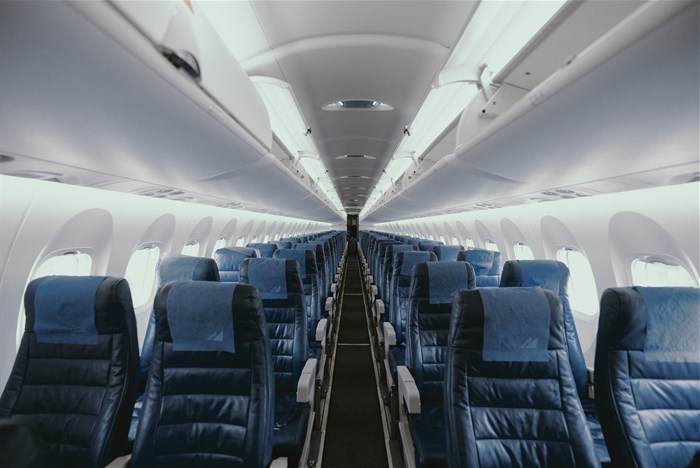
The Societe Internationale de Telecommunications Aeronautiques' (Sita) recently published a study that finds customers looking to technology to optimise every aspect of the post-pandemic travel landscape, from addressing pain points in the airport journey to supporting air transport sustainability to streamlining intermodal travel.
The report reveals that, as demand has skyrocketed post-pandemic amid lingering staff and resource shortages for airlines and airports, the resulting disruptions to air travel have taken their toll on passengers’ experience.
Over half of passengers reported encountering flight delays and cancellations, with most highlighting the negative impact this had on their travel experience.
It is therefore no surprise that concern over delays and cancellations causes anxiety at the booking stage for nearly one-third of passengers in 2023.
Against this backdrop, passengers are embracing the use of smart technologies to smooth pain points along the journey. 2023 has seen passengers continuing to adopt mobile as a remote control for the journey, with boosted usage across booking, check-in, dwell time, onboard, and bag collection.
When asked about comfort levels with biometric identification throughout the journey, passengers scored an average of 7.36 out of 10 (with 10 representing most comfortable), up from 7.26 in 2022, reflecting a rising desire for the frictionless airport experience this technology facilitates.
There is additional interest in completing certain checks pre-arrival at the airport to further maximise efficiency, with nearly one-fifth of passengers pointing to ‘automated checks before the airport ensuring documents are sufficient to pass border checks’ as a potential improvement to the booking process.
Sustainability is another crucial area where passengers highlight the potential of technology. The use of new technologies supporting sustainability emerged as the number one initiative passengers would value most for both airlines (for 64% of passengers) and airports (62%).
This has jumped considerably from about half of passengers in 2022, sending a clear message to the industry that innovative approaches to achieving concrete emissions reductions are front of mind. Such technologies include flight path optimisation to reduce fuel burn on the airline front and tools that monitor data on environmental performance to reduce emissions at the airport.
As the world of travel becomes increasingly interconnected, the survey finds that a significant majority of passengers expect to book intermodal trips in the coming year, with only 24% saying they are unlikely to do so. As openness to intermodal travel grows, so too does interest in technology to streamline this experience across the entire journey door-to-door, with passengers seeing intermodal as a new realm of travel that technology has the power to optimise with greater automation.
One-third of passengers expressed interest in being able to drop their bags at their journey start point (either from their home or hotel or from the first terminal of departure) and have them arrive at their end destination, and nearly one-third would like to see travel operators coordinate when disruptions occur and respond with necessary changes.
David Lavorel, Sita CEO, said:
“When planning travel, the cost is just one of the factors affecting travellers’ willingness to book flights. Experience at the airport has become fundamental to passengers’ decision-making, and travellers are telling the industry loud and clear: the more they are subjected to clunky and inefficient processes, the more likely they are to consider other options.
“Passengers are pointing to a clear way forward for the industry: now more than ever they recognise smart technologies as key to streamlining travel while reducing its environmental impacts, both for air travel alone and for the broader intermodal ecosystem.”